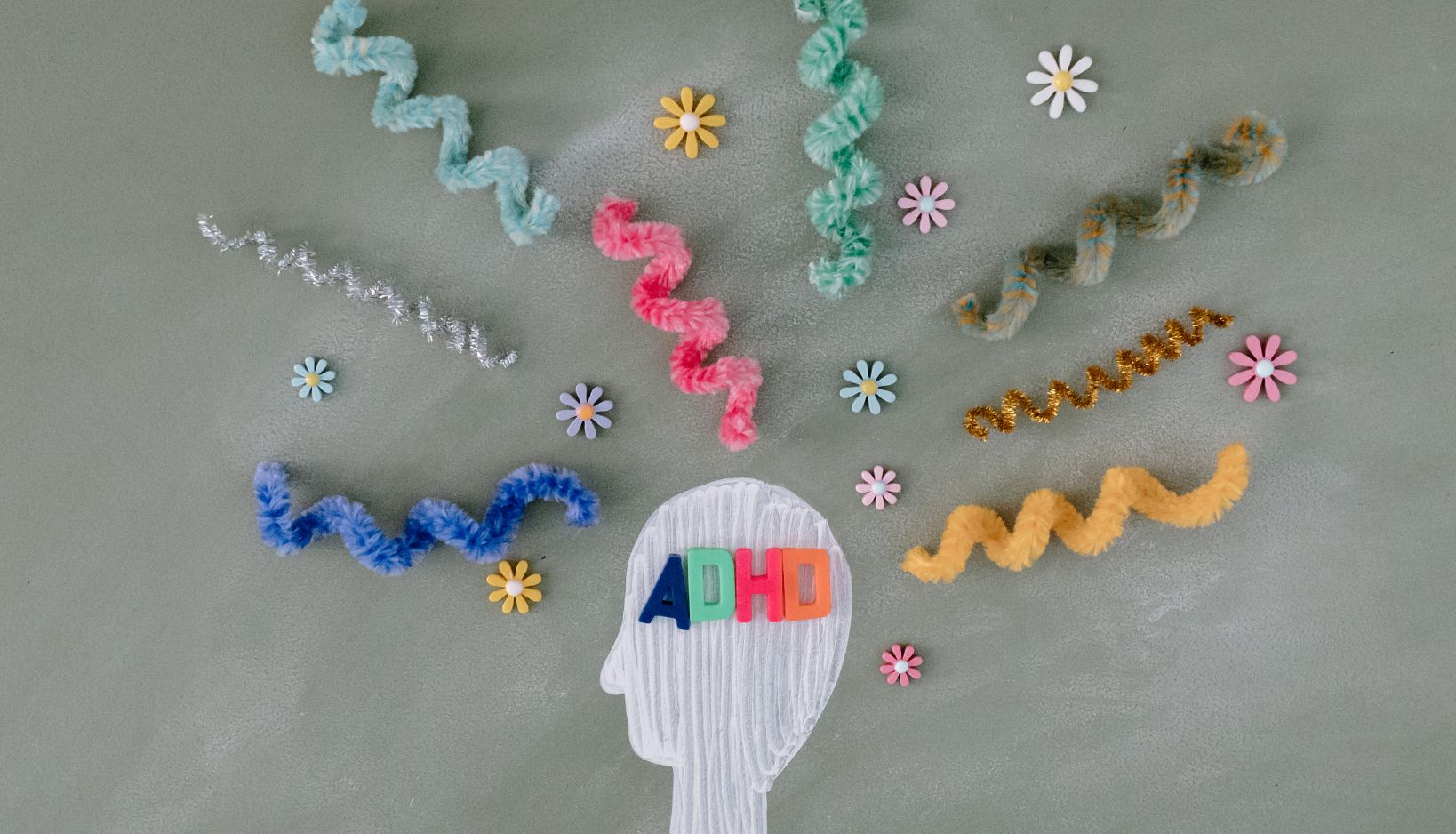For children with ADHD, the classroom can be a challenging environment. Distractions, impulsivity, and difficulty focusing can make it hard for them to stay on track with their schoolwork. However, with the right strategies and support, children with ADHD can succeed academically. Here are some tips to help create a supportive learning environment for children with ADHD:
- Create a Structured Routine: Establishing a predictable daily routine can help children with ADHD know what to expect and when. Use visual schedules or planners to outline daily tasks and assignments.
- Minimize Distractions: Reduce distractions in the classroom by seating the child away from windows, doors, or other sources of noise. Use dividers or headphones to help block out distractions during independent work time.
- Break Tasks into Manageable Steps: Break down assignments and tasks into smaller, more manageable steps. This can help children with ADHD feel less overwhelmed and more able to focus on the task at hand.
- Provide Clear Instructions: Give clear, concise instructions for assignments and tasks. Repeat instructions if necessary and check for understanding before moving on.
- Use Visual Aids: Visual aids, such as charts, diagrams, or graphic organizers, can help children with ADHD better understand and remember information.
- Encourage Movement: Allow for movement breaks throughout the day to help children with ADHD release excess energy and improve focus. Incorporate movement into learning activities whenever possible.
- Use Positive Reinforcement: Praise and reward children for their efforts and achievements. Positive reinforcement can help motivate children with ADHD to stay on task and complete assignments.
- Provide Organizational Support: Teach organizational skills such as using a planner, keeping track of assignments, and organizing school materials. Provide organizational tools such as folders, binders, or color-coding systems.
- Communicate with Parents: Maintain open communication with parents to keep them informed about their child’s progress and any challenges they may be facing. Work together to develop strategies for success.
- Collaborate with Support Services: Work closely with school support services, such as special education teachers or counselors, to develop a personalized plan for academic success for children with ADHD.
By implementing these strategies and providing a supportive learning environment, educators can help children with ADHD thrive academically and reach their full potential in the classroom.


